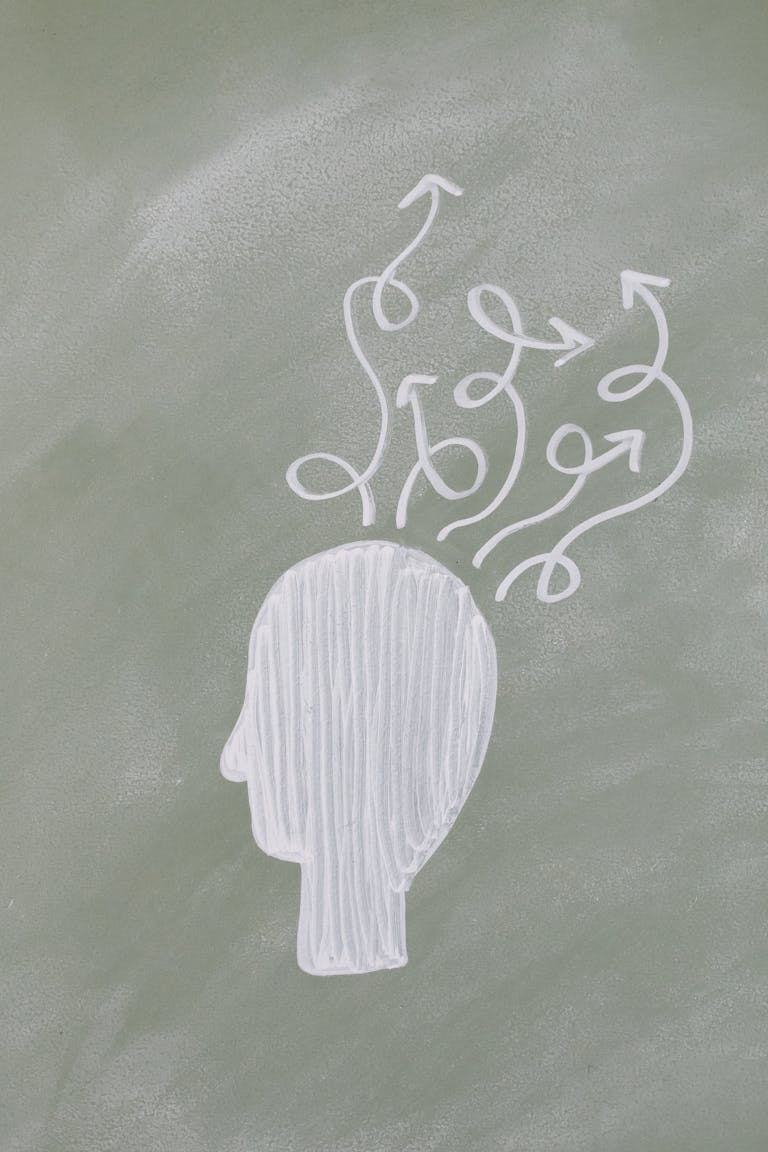5 Ways to Lift Your Mood and Energy Levels
Many of us experience mild depression, lack of motivation, and low energy during the winter season. Luckily, there’s a lot you can do to both prevent the blues from coming on and get yourself back to normal if they’re already here.
-
Exercise – As if we needed another reason to get fit! Exercise isn’t only for maintaining your weight and staying healthy. It’s great for relieving the stresses of life. Plus, the effects of a good workout can last for several hours after you hit the showers. You’ll have more energy throughout the day, and your metabolism with stay elevated too. Exercise also helps your mind by releasing those “feel good chemicals” that improve your mood.
-
Eat a Healthy Diet – Refined and processed foods (like white breads, rice, and sugar) are devoid of the nutrients your body craves, and they zap your energy levels — causing depression, lack of concentration, and mood swings. Try to incorporate more complex carbohydrates (whole wheat breads, brown rice, veggies, fruit) and get plenty of water. These healthy foods provide your body (and mind) with nutrients, and stabilize your blood sugar and your energy levels.
-
Get Some Sun – Similar to exercise, sunlight exposure releases neurotransmitters in the brain that affect mood. Try to spend a little more time outdoors. Keep your shades up during the day to let more light in. Sit near windows in restaurants and during class. And try changing the light bulbs in your house to “full spectrum” bulbs. These mimic natural light and actually have the same affects on your mind as the real thing.
-
Act on your Resolutions – A recent study from the CDC showed a strong link between healthy behaviors and depression. Women who exhibited healthy behaviors (like exercising, not smoking, etc.) had fewer sad and depressed days than those whose behaviors were unhealthy. Although researchers studied women, the results are likely similar in men.
-
Catch some Zzzz’s – With all we have going on, sometimes proper sleep is the first thing to go. But with a little time management, and some self-discipline, you can meet your shut-eye needs. Aim for 7-8 hours each night, and try to keep your bedtime and waking time consistent. That way, your sleeping patterns can normalize and you’ll have more energy. And try not to oversleep—those 12-hour snoozes on the weekend can actually make you MORE tired.
For more information on seasonal affect disorder, go to: http://www.sparkpeople.com







